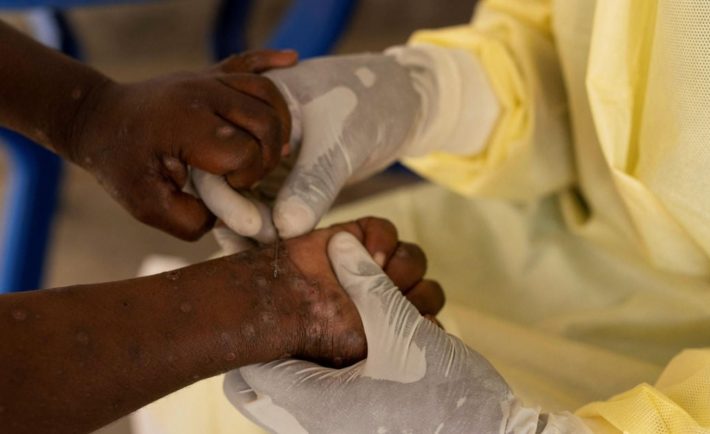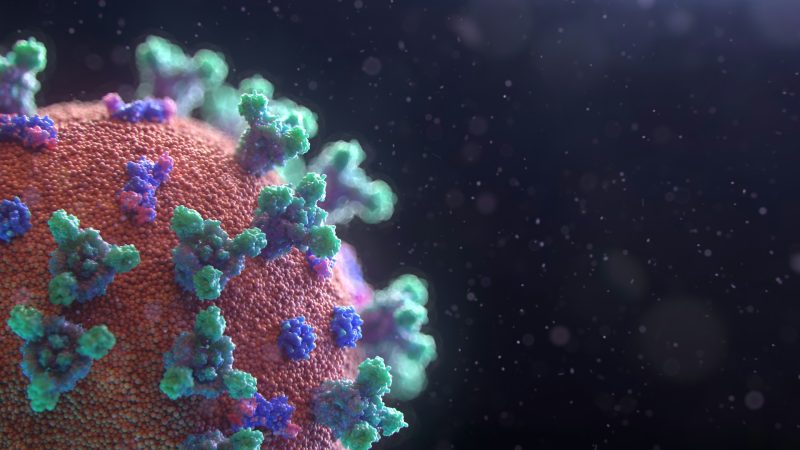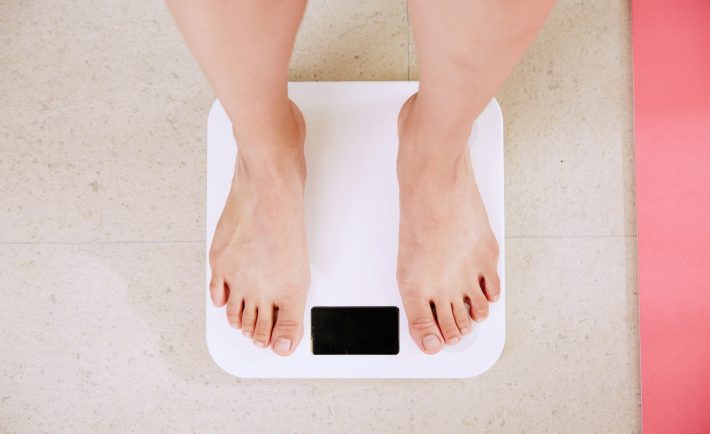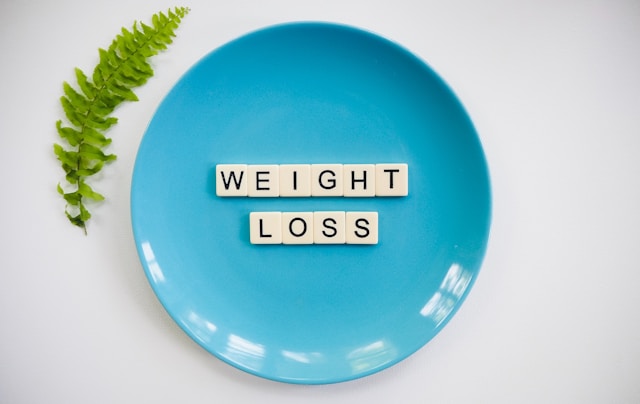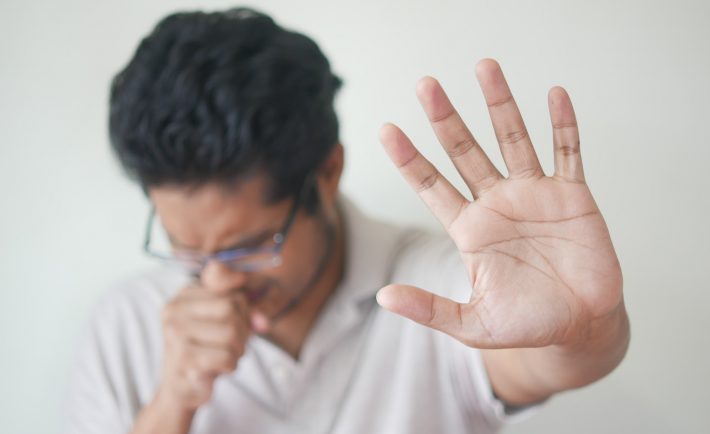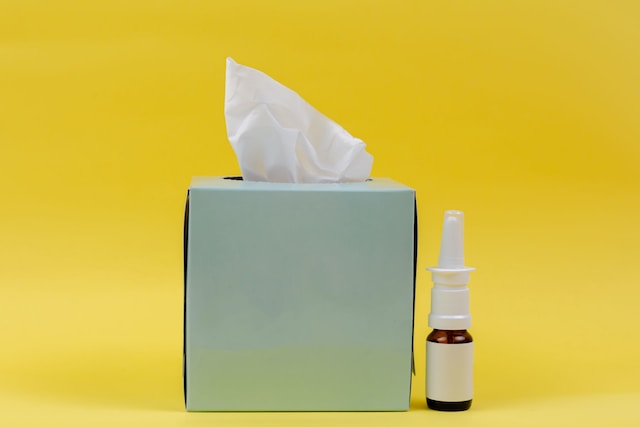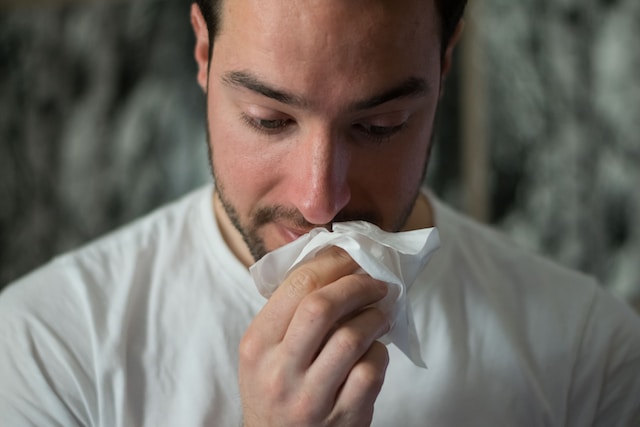#1: PINPOINT THE ROOT OF WEIGHT GAIN
Weight gain can sometimes be linked to underlying health issues such as PCOS and Hypothyroidism. If you suspect this might be the case for you, it is wise to consult a doctor before starting any weight loss plan.
A medical professional can help identify potential health concerns, while a dietitian can craft a personalized meal plan tailored to your needs and lifestyle.
#2: CREATE A BALANCED PLATE
Aim for well-rounded meals that include protein, healthy fats, vegetables, and complex carbohydrates. Protein is important as it helps maintain muscle mass during weight loss and keeps you feeling fuller for longer, reducing the temptation to snack.
Calorie-dense healthy fats such as olive oil, avocados, nuts, and seeds can help when taken in moderation. You see, healthy fats contain about 9 calories per gram, compared to just 4 calories per gram for protein and carbohydrates. Thus, you have to be mindful of your intake of saturated and trans fats.
#3: BE ACTIVE
Combine cardiovascular exercises with strength training for optimal results. Cardio workouts such as walking, jogging, cycling, or running are excellent for enhancing overall health.

Image Credits: unsplash.com
Take advantage of the Park Connector Network as exercising here is a fantastic way to immerse yourself in nature and stay active without spending a cent!
#4: SHOP WITH A FULL STOMACH
Shopping on an empty stomach can lead to impulse buys that derail your healthy eating goals. A seemingly irresistible S$6 chocolate bar or S$5 bag of chips can quickly find its way into your cart when you are hungry.
To combat this, consider having a glass of water or a healthy snack before heading to the grocery store.
#5: STAY HYDRATED
Adequate hydration is essential for your body to function efficiently and eliminate waste. Fortunately, water not only keeps us hydrated but also supports our weight loss efforts.
Sipping water before meals can help you eat less, while staying hydrated boosts the fat-burning process. So, opt for water or other low-calorie beverages when dining out.
#6: ENJOY YOGURT
Whether you prefer Greek yogurt or traditional yogurt, both can be good additions to your diet. In fact, a Harvard study tracking over 120,000 people for a decade found a strong correlation between yogurt consumption and weight loss. While this does not imply that yogurt directly causes weight loss, it certainly stood out among other foods in the study.
For as little as S$3, you can enrich your diet with Greek yogurt from many local supermarkets and enjoy the benefits it offers.
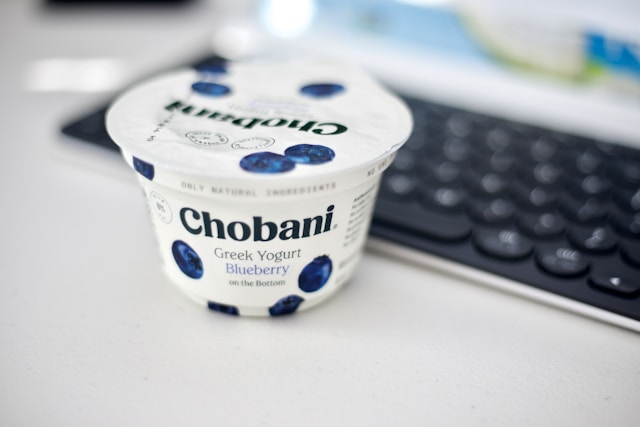
Image Credits: unsplash.com
Add these budget-friendly tips into your routine to help manage your weight without straining your wallet. Remember that consistency is key! Therefore, combine exercise with a balanced diet and other weight loss interventions to ensure a holistic change.
Disclaimer: Always consult with a medical professional before starting any weight loss program, especially if you have underlying health conditions.


